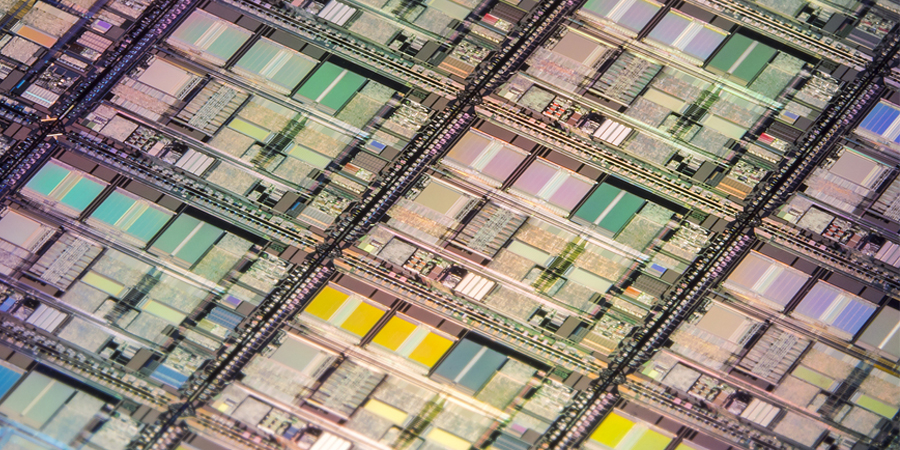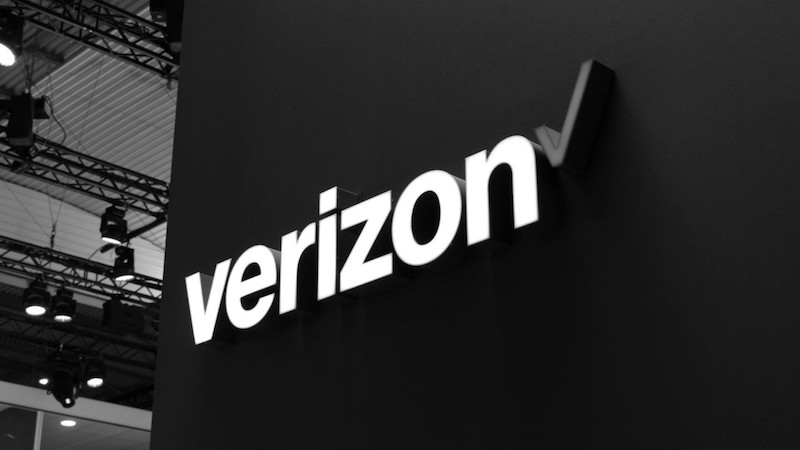by Jeff Feng, Head of Emerging Markets Equities, Invesco Hong Kong, Invesco Canada
Samsung Electronics Co., Ltd. has dominated tech and business media recently with news it was recalling its Galaxy Note 7 phones. Product recalls such as this are not unheard of, but the combination of safety concerns, the popularity of the product and the ongoing battle for mobile phone dominance made this case headline-worthy. Samsung is a top-ten holding in two of the funds I manage – Trimark International Companies Fund and Trimark Emerging Markets Class (as at September 30, 2016). Here is my view on the business impact of the recall and how we are approaching our weightings in the funds.
Key profit contributor
Contrary to popular opinion, the most important business segment and the biggest profit contributor for Samsung is not cellphone manufacturing, but memory-chip production. In the memory-chip space, the company has a formidable and sustainable competitive advantage. Its huge scale advantage makes it a leader in the space in terms of both cost and technology.
This segment supplies critical NAND memory chips for its own cellphone-production segment, but also to competitors such as Apple and various Chinese manufacturers. This industry is currently in an upward stage of a cycle and therefore, we expect strong earnings momentum in the middle term. In addition, we believe Samsung’s earnings will also benefit from a turnaround in its display business. Previously a loss-making segment, its OLED display is expected to see robust demand from cell-phone manufacturers in 2017, including Apple.1
The recall, what does it mean?
In my opinion, the recent recall, or the termination of Note 7, will unlikely cause lasting damage for Samsung’s brand. Financially, the impact of this recall will likely cost Samsung US$3 billion, which “only” represents approximately 10% of its newly lowered projection for operating earnings for this year – and less than 5% of its huge US$70 billion in net cash.1
In my view, the stock is still trading low, despite gaining 30% so far this year. The preferred shares we own in the funds are trading at less than 9x projected earnings for 2017. Strip off the cash and the multiple would be slightly less than 7x.2
Looking ahead
Finally, I believe there is increased likelihood for a further improvement of shareholder returns through share buybacks and special dividends. Samsung is currently in the process of a large-scale restructuring and this time around, share buybacks and special dividend payments will likely work in favour of the Lee family, the controlling shareholder.
Recently, on top of this, Elliott Management Corp., a renowned U.S. activist investor and arguably one of the most aggressive hedge funds with an excellent track record of winning its activist campaigns, is demanding that Samsung pay out a $27 billion special dividend after it revealed its US$1.2 billion stake in the company.3
We expect to continue holding the stock, although we currently have a full position in the company in both funds and have no plans to add to either position in the foreseeable future. Overall, we are confident in the company’s ability to manage this recall in an appropriate way to alleviate customer concerns about safety and quality around the product. By doing so, we believe the related reputational concerns will be minimized and Samsung will see continued success in this segment of its business.
This post was originally published at Invesco Canada Blog
Copyright © Invesco Canada Blog












